We've found 1000 matches for your search. Order by
Results
-
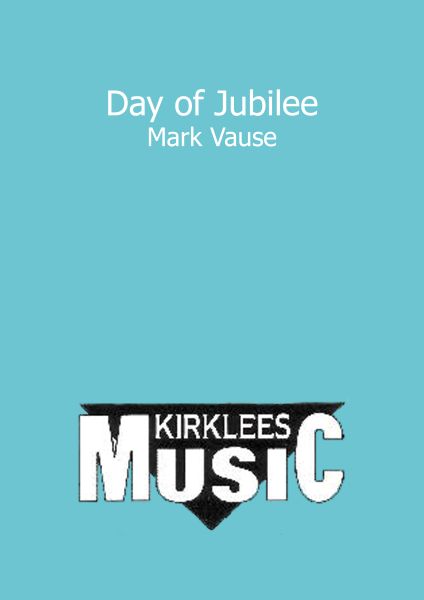 £25.00
£25.00Day of Jubilee (Junior Brass Band - Score and Parts)
Estimated dispatch 7-14 working days
-
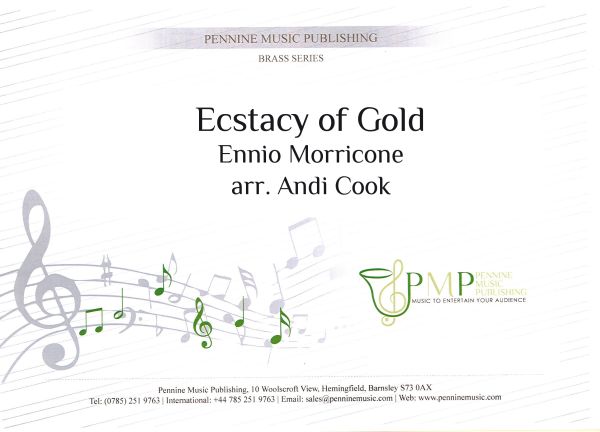 £29.50
£29.50Ecstasy of Gold
Estimated dispatch 7-14 working days
-
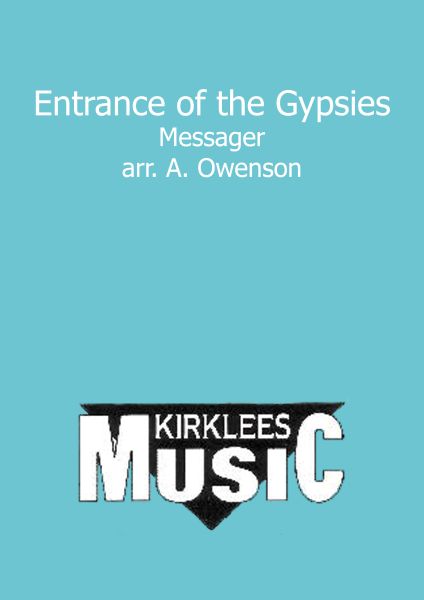 £19.50
£19.50Entrance of the Gypsies
Estimated dispatch 7-14 working days
-
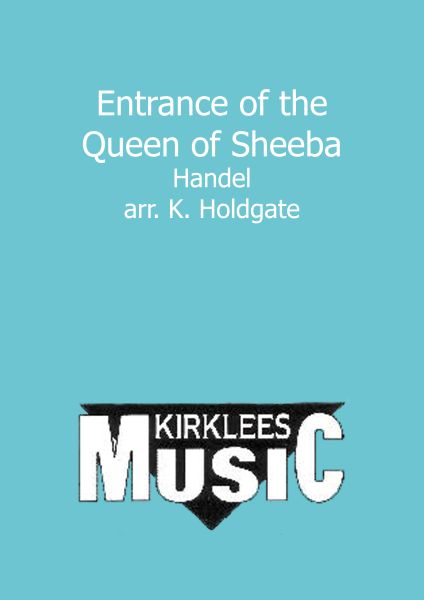 £19.50
£19.50Entrance of the Queen of Sheba
Estimated dispatch 7-14 working days
-
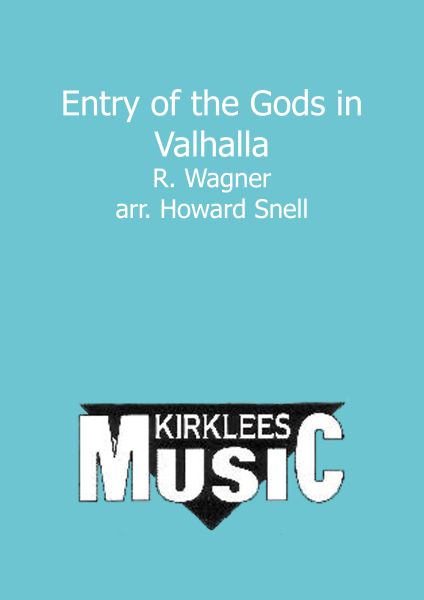 £39.50
£39.50Entry of the Gods in Valhalla
Estimated dispatch 7-14 working days
-
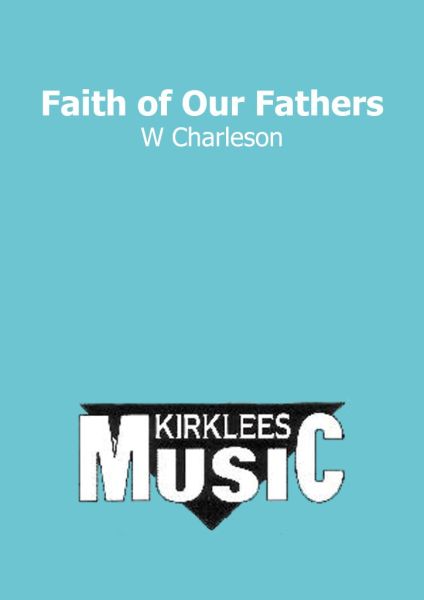 £19.50
£19.50Faith of our Fathers
Estimated dispatch 7-14 working days
-
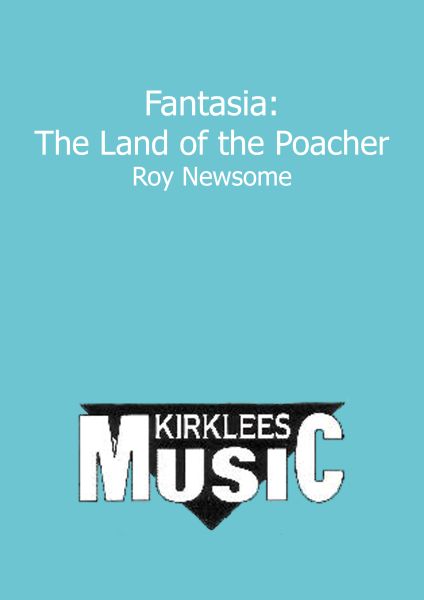 £29.50
£29.50Fantasia: The Land of the Poacher
Estimated dispatch 7-14 working days
-
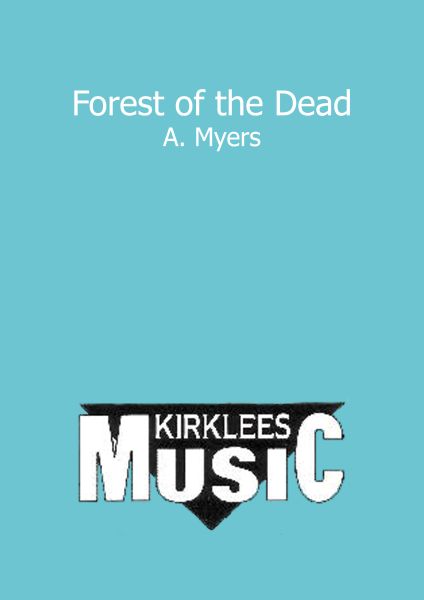 £21.50
£21.50Forest of the Dead
Estimated dispatch 7-14 working days
-
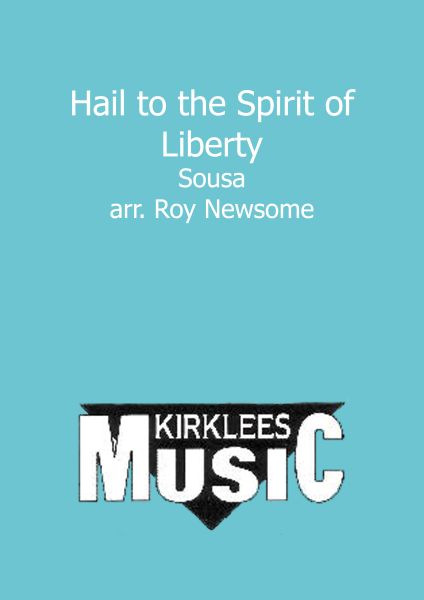 £21.50
£21.50Hail to the Spirit of Liberty
Estimated dispatch 7-14 working days
-
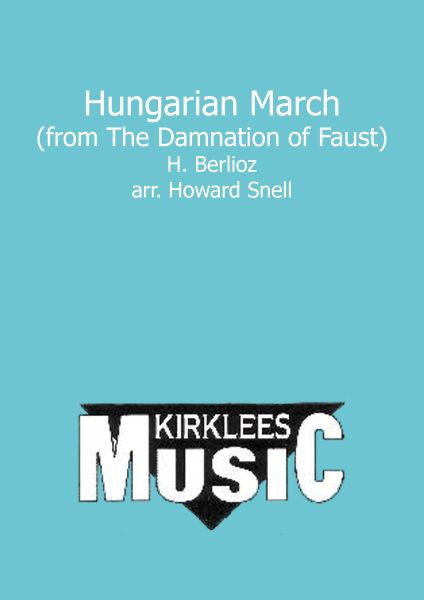 £34.50
£34.50Hungarian March (from The Damnation of Faust)
Estimated dispatch 7-14 working days
